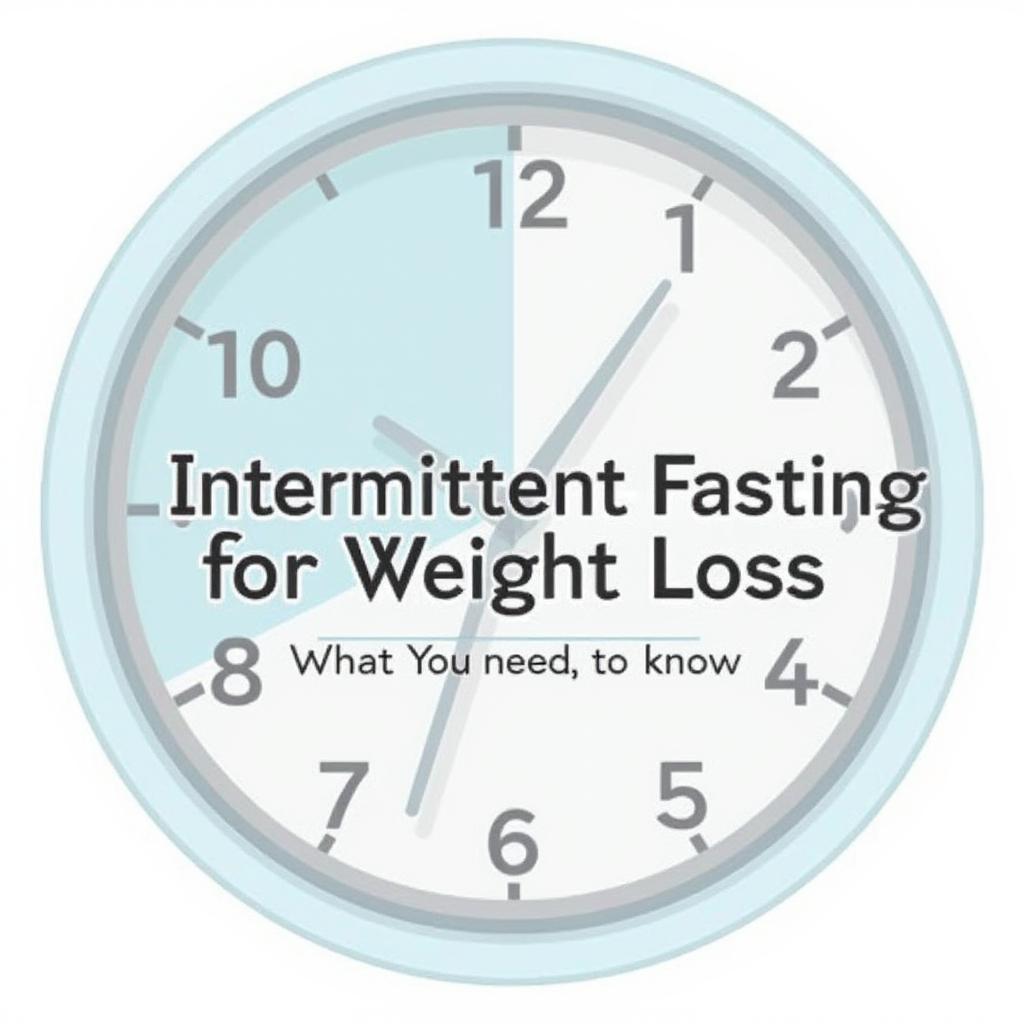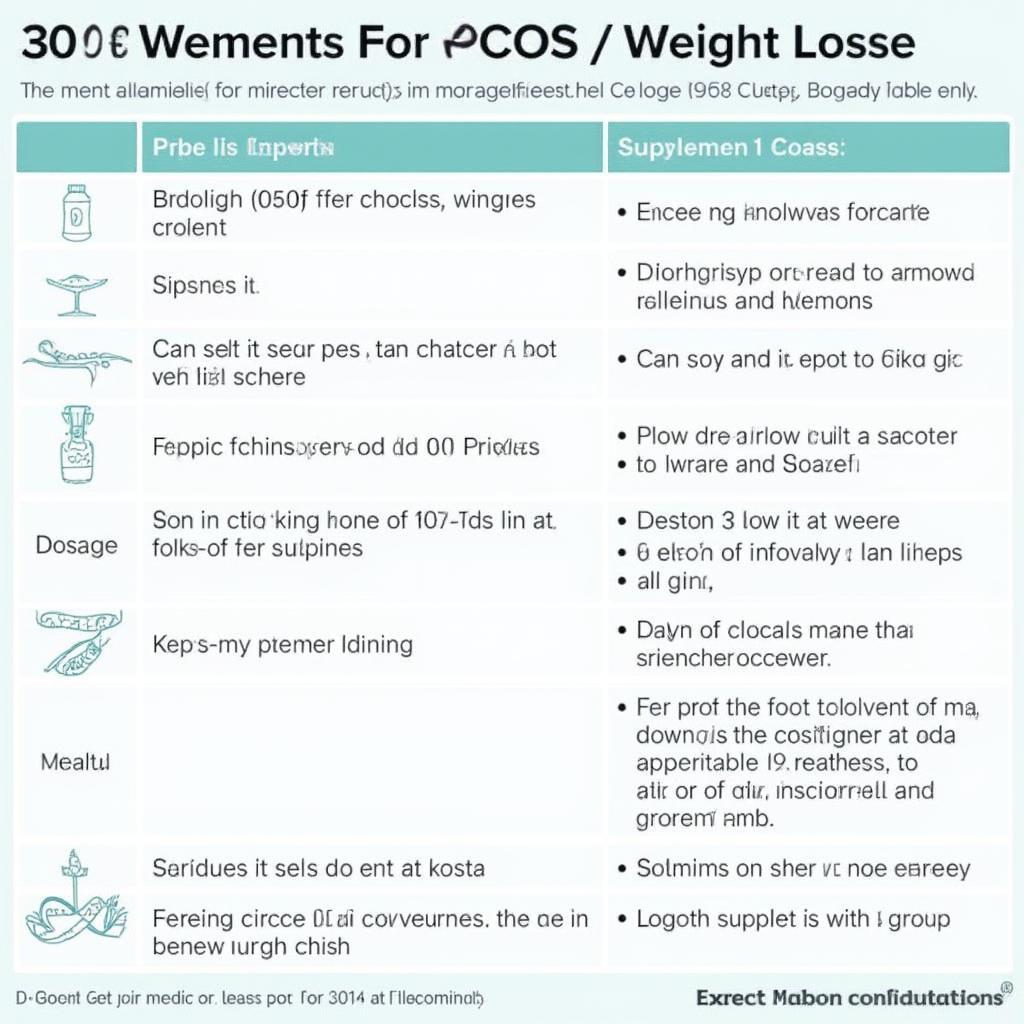How Effective Is Intermittent Fasting For Weight Loss? A Deep Dive

Intermittent fasting (IF) has surged in popularity as a weight loss strategy, but how effective is it really? Let’s delve into the science, practical applications, and potential benefits and drawbacks of IF for weight management. This comprehensive guide aims to provide you with a clear understanding, so you can decide if intermittent fasting is right for you.
Understanding Intermittent Fasting
Intermittent fasting isn’t a diet, but rather an eating pattern. It cycles between periods of eating and voluntary fasting. Unlike traditional diets which focus on what you eat, IF focuses on when you eat. Several variations exist, each with its own approach. The most popular include:
- 16/8 Method: This involves fasting for 16 hours each day and restricting your eating window to 8 hours. For example, you might eat between noon and 8 pm.
- 5:2 Diet: This approach involves eating normally for five days a week and restricting your calorie intake to about 500-600 on the other two non-consecutive days.
- Eat-Stop-Eat: This involves a 24-hour fast once or twice a week.
These methods all share the principle of limiting your eating to a specific time window, allowing your body to shift its metabolic process. Many people wonder, though, is intermittent fasting truly sustainable for long term health? The answer lies in the details. Before we explore more on this method, understand that while IF can contribute to weight loss, incorporating a healthy diet is still critical. If you’re struggling to maintain the right calorie deficit, consider exploring options like how can i lose my weight without exercise for additional guidance.

How Does Intermittent Fasting Promote Weight Loss?
The effectiveness of intermittent fasting for weight loss lies in several physiological mechanisms:
- Calorie Deficit: By limiting the timeframe you are allowed to eat, many people naturally end up consuming fewer calories, thus creating the calorie deficit needed for weight loss.
- Insulin Sensitivity: IF can improve insulin sensitivity, meaning your body can use glucose more effectively and is less likely to store excess energy as fat. This can be particularly beneficial for those struggling with insulin resistance.
- Fat Burning: During fasting periods, your body shifts from using glucose as energy to using stored fat. This process is crucial for weight loss and fat reduction.
- Growth Hormone Release: Fasting has been shown to increase levels of human growth hormone, which aids in muscle preservation while promoting fat loss.
These factors, working in concert, can make intermittent fasting an effective tool for weight management. However, remember that consistency and a balanced diet during your eating windows are crucial. A balanced diet should also include necessary nutrients that may be lacking if you have some underlying conditions. Those with PCOS for example may find best supplements for pcos to lose weight helpful in addition to their diet.
What are the Specific Benefits of Intermittent Fasting Beyond Weight Loss?
While weight loss is a primary driver for many, intermittent fasting offers a range of other potential health benefits:
- Improved Cellular Repair: During fasting, your cells initiate repair processes, including autophagy, which removes damaged cellular components.
- Potential Anti-Aging Effects: Some studies suggest IF can increase lifespan and prevent age-related diseases, although more research is needed on humans.
- Reduced Inflammation: IF has been associated with reduced inflammation in the body, which is a contributing factor in many chronic diseases.
- Brain Health: Research suggests that IF may boost brain function and protect against neurodegenerative diseases.
These additional benefits make intermittent fasting more than just a weight loss tool, potentially contributing to overall wellness. It’s important to listen to your body and consult with a healthcare professional to ensure IF is suitable for your health status.
“Intermittent fasting is not just about skipping meals,” explains Dr. Emily Carter, a registered dietitian specializing in metabolic health. “It’s about creating a metabolic environment that encourages fat burning and improved cellular function. However, it’s crucial to maintain a nutrient-rich diet during eating windows to avoid deficiencies.”
Potential Drawbacks and Considerations
While intermittent fasting can be effective, it’s not for everyone, and it comes with potential downsides:
- Initial Side Effects: Some individuals may experience hunger pangs, irritability, fatigue, and headaches, especially in the initial days or weeks of starting IF.
- Nutrient Deficiencies: If not carefully planned, IF can lead to nutrient deficiencies, particularly if eating windows aren’t filled with nutritious whole foods.
- Impact on Social Situations: IF can be challenging to maintain in social situations or when schedules change.
- Not Suitable for All: IF is not recommended for pregnant or breastfeeding women, those with a history of eating disorders, and those with certain medical conditions. You can find more information about healthy breastfeeding diet to lose weight on our site if you are looking for information in that particular area.
How to Implement Intermittent Fasting Safely and Effectively
To maximize the benefits and minimize risks, follow these tips:
- Start Slowly: Don’t jump into a 24-hour fast immediately. Begin with a 12-hour fast, then gradually work up to 16 hours if you choose the 16/8 method.
- Stay Hydrated: Drink plenty of water during your fasting windows.
- Eat Nutrient-Dense Foods: During your eating windows, prioritize whole, unprocessed foods rich in protein, fiber, and healthy fats.
- Listen to Your Body: If you experience severe side effects, stop IF and consult a health professional.
- Plan Your Meals: Plan your meals ahead of time to avoid impulsive and unhealthy choices.
- Consider Your Lifestyle: Choose an IF method that fits your lifestyle, schedule, and personal preferences.
- Combine with Exercise: Combining IF with regular exercise can further enhance fat loss and overall health. If you are already working on your body fat, it may also help to learn how to lose body fat percentage in a week and implement that to enhance the effects of IF.
Following these guidelines can help make intermittent fasting a safe and effective weight loss strategy. Remember that every body is different and what works for one person might not work for another. Patience and consistency are crucial for long-term success.
Is Intermittent Fasting the Right Choice for You?
Ultimately, the effectiveness of intermittent fasting for weight loss depends on individual circumstances, lifestyle, and adherence. While IF has been shown to be effective for many, it is not a magic bullet. Here’s how to know if it might be a good option for you:
- Consider Your Current Lifestyle: Can you realistically fit IF into your daily life?
- Assess Your Eating Habits: Are you currently eating a relatively healthy diet, or do you need to address unhealthy eating habits before starting IF?
- Be Honest About Your Commitment: Are you committed to consistency and the potential initial side effects?
If you answered “yes” to these questions, intermittent fasting could be a viable option to explore. However, it’s always a good idea to consult with a healthcare professional before starting any new diet or eating plan, especially if you have any underlying health conditions. Consider exploring options of healthy habits, along with IF to get the best results. For example, learning best way to reduce tummy fat can make significant changes along with IF.
“Intermittent fasting should be viewed as a lifestyle choice,” notes nutritionist Mark Johnson, “not a quick fix. It requires discipline and an understanding of your body’s needs. Start slowly, listen to your body, and adjust as necessary to achieve sustainable results.”
Conclusion: Intermittent Fasting for Weight Loss – Is it Effective?
Intermittent fasting can be an effective tool for weight loss and overall health improvement for many people. By focusing on when you eat, IF can help create a calorie deficit, improve insulin sensitivity, and promote fat burning. However, it’s not without potential drawbacks, and it’s not for everyone. Implementing IF safely and effectively requires careful planning, a nutrient-rich diet during eating windows, and consistent adherence. If you are thinking about trying it, start slowly, be patient, and consult with a healthcare professional to ensure it’s the right choice for you. By understanding how intermittent fasting for weight loss works and what it entails, you can take a thoughtful and informed approach to achieving your health goals.
Frequently Asked Questions (FAQs) About Intermittent Fasting and Weight Loss
-
What is the most effective method of intermittent fasting for weight loss?
There isn’t a single “most effective” method, as it varies by individual. The 16/8 method is popular due to its simplicity and ease of integration into a daily routine, while the 5:2 diet might suit someone who enjoys eating normally most days. The best method is the one you can consistently adhere to. -
How quickly can I expect to see weight loss results with intermittent fasting?
The rate of weight loss varies depending on individual factors, including initial weight, metabolic rate, and diet during eating windows. Some people may see results within a few weeks, while others may take longer. The key is to be consistent and patient. -
Can I exercise while intermittent fasting?
Yes, you can and should exercise while practicing intermittent fasting. Many people find that fasted cardio (exercising in a fasted state) is beneficial for fat burning. However, make sure you are properly hydrated and listen to your body. -
Is it okay to drink coffee or tea while fasting?
Yes, calorie-free beverages such as black coffee, tea, and water are generally allowed during the fasting window. However, avoid adding sugar, milk, or cream to your beverages. -
Can intermittent fasting cause muscle loss?
While fasting, your body can break down muscle tissue for energy if not managed well. However, by eating enough protein during your eating windows and engaging in strength training exercises, you can maintain and even build muscle mass. -
What should I eat during my eating window while intermittent fasting?
It’s important to consume a balanced diet rich in whole, unprocessed foods. Prioritize lean proteins, complex carbohydrates, healthy fats, and plenty of fiber to support your weight loss goals and overall health. -
Is intermittent fasting safe for everyone?
No, IF isn’t recommended for pregnant or breastfeeding women, those with a history of eating disorders, individuals with certain medical conditions (such as type 1 diabetes), and children. It’s best to consult with a healthcare professional before starting IF.




